Ayurvedic practitioners have been using Shilajit for centuries, as a rejuvenator and as antiaging compound.
Shilajit is an important component of the Ayurvedic medicine given its characteristics as a rasayana. In this context, Shilajit may promote strength and longevity.
Other benefits:
- Anti-Inflammatory, as it may reduces inflammation in the body
- Stress Reduction: Because it helps the body to better deal with stress and anxiety
- Full of antioxidants: because it scores very high on the ORAC scale
- Hangover Buster: Can help to reduce the effects of a hangover
- Mood Balancer: Promotes emotional stability
- Yogi Wohi: Enables the body to absorb more nutrients from other substances
- Aphrodisiac: Because it ma enhance libido and improves sexual function
Antibacterial: because it may fight bacterial infections such as streptococci
How to use: like for many things, a little goes a long way, so you will only need a pea-sized amount per serving. Let it dissolve in a glass of warm water for a smokey elixir packed full of goodness.
Study:
This study investigated the neuroprotective effect of shilajit extract in experimental head trauma. From that study: ” The number of red neurons and the severity of edema were significantly higher in both the cerebral cortex and the ca1 region in the group treated with trauma only and in the group administered saline after trauma compared to the group that received shilajit extract after trauma. The total antioxidant capacity increased significantly in blood samples taken only from the group treated with trauma and saline in post-trauma treatment compared to the group given post-traumatic shilajit extract, while shilajit extract given due to traumatic brain injury significantly decreased the total oxidant capacity and oxidative stress index values compared to the other groups.
Conclusion: Shilajit extract has been shown to have a neuroprotective effect in the treatment of acute traumatic brain injury. Our study showed that shilajit may be a useful option in the treatment of secondary brain injury, in humans.
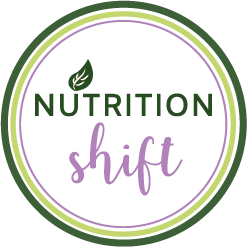
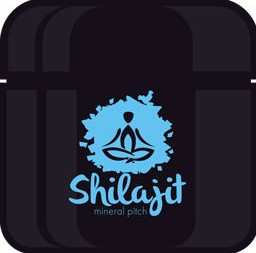
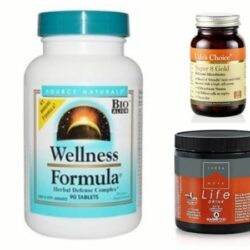
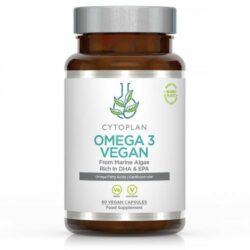

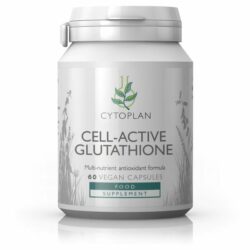
Reviews
There are no reviews yet.